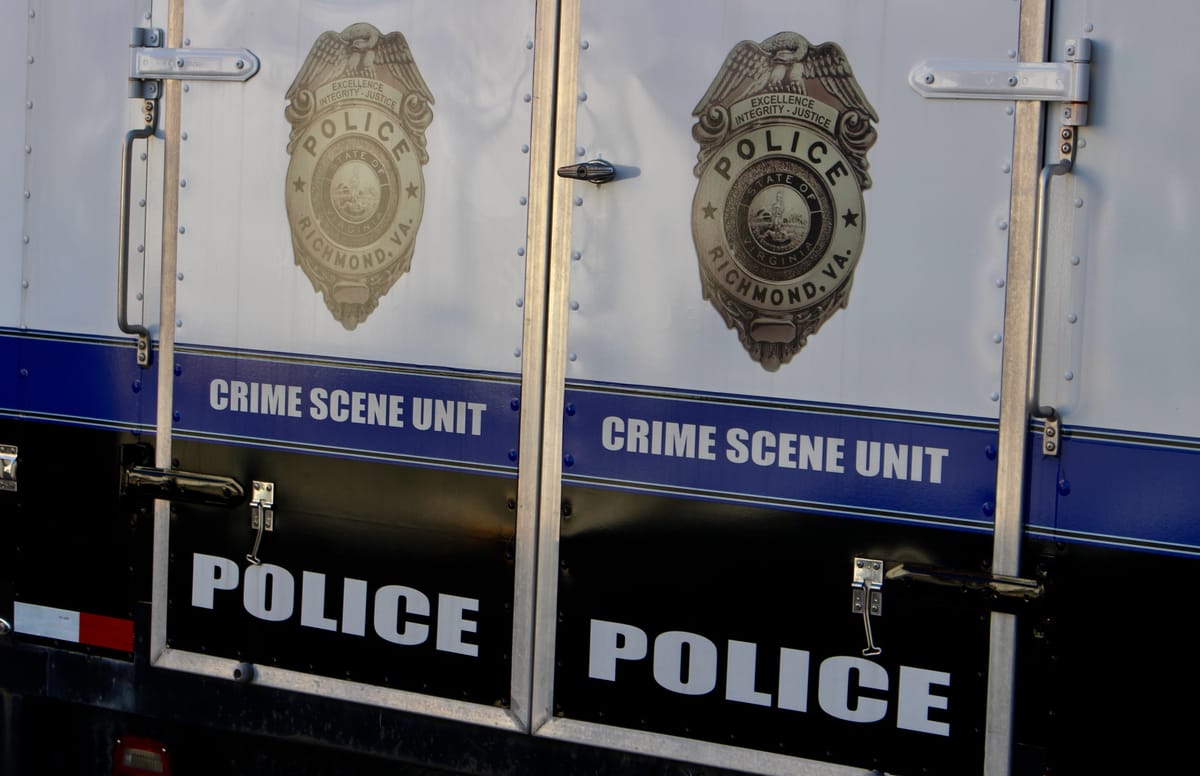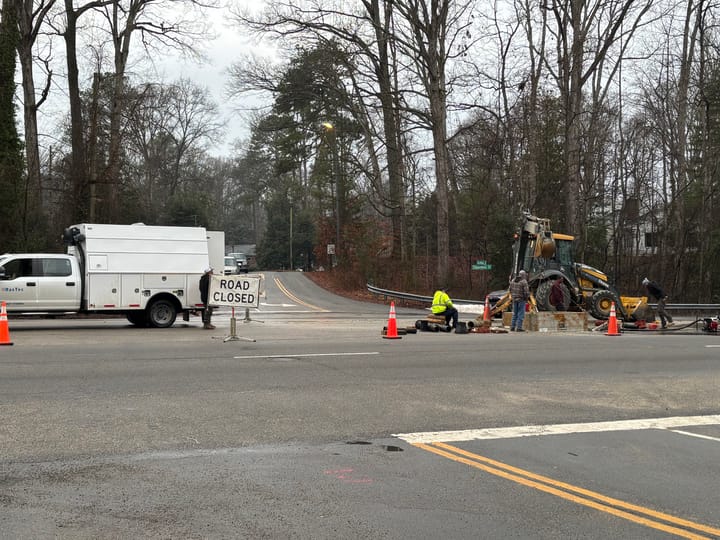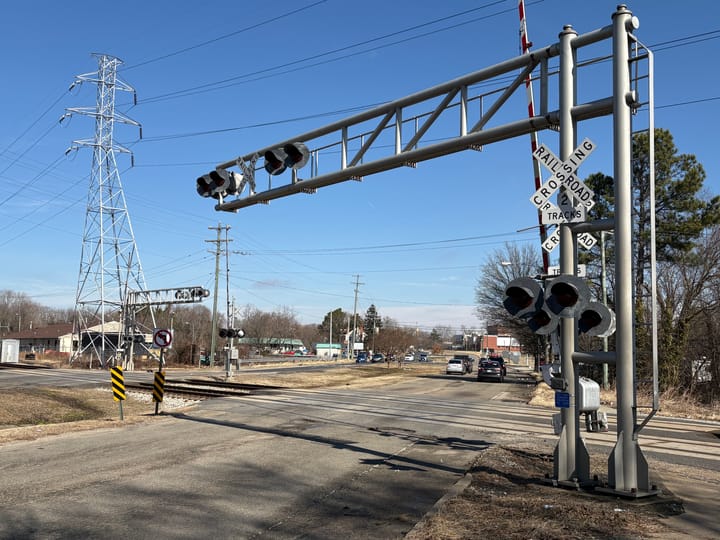
Summer crime clampdown begins for police, housing authority
As summer begins, Richmond police and the public housing authority are launching two big efforts to tamp down violent crime, particularly in areas officials have identified as hotspots where murders and non-fatal shootings are repeatedly occurring.
“As the weather gets warmer, we know that statistically, crime increases,” said Steven Nesmith, CEO of the Richmond Redevelopment and Housing Authority, which oversees the city’s public housing courts.
For the third year running, Richmond police have launched Operation Safe Summer, a comprehensive plan to reduce violence by increasing the presence of law enforcement at hotspots, improving police-community relationships, distributing gun safes and giving young people who might otherwise be led astray worthwhile things to do.
The initiative, which the Richmond Police Department inaugurated in 2023, brings in not only Virginia State Police and federal agencies like the Bureau of Alcohol, Tobacco, Firearms and Explosives (ATF), but also local partners like the schools, Richmond Community Mediators and the city’s Department of Justice Services.
Richmond police say the program has shown measurable success. Comparisons of violent crime during the months when Operation Safe Summer was underway shows only a slight downtick in violence in its first year, but a 12% drop last year, when incidents declined from 463 to 407. Between 2022 and 2024, the number of people shot has fallen from 135 to 108 — a 20% decline.
“You can see the trajectory going down,” Police Chief Rick Edwards said at a briefing on the program’s outcomes this past October.
This year’s Operation Safe Summer began Saturday, May 31 and will run through Labor Day weekend.
Housing courts
At the same time, RRHA is rolling out its own comprehensive plan to tamp down crime in the city’s Big Six housing courts — Creighton, Fairfield, Gilpin, Hillside, Mosby and Whitcomb — and senior housing sites.
The new push, which officials expect to continue after the end of the summer, comes in response to an uptick in murders in the courts. In the first five months of this year, three more homicides have occurred in the Big Six compared to the same period last year.
“We believed that enough was enough,” Nesmith told a City Council committee May 29 in a presentation on the new approach. While he acknowledged that crime is down over the longer term, the recent increase in killings, he said, “raises a sense of urgency.”
Homicides in the courts represent a significant chunk of the city’s total. In mid-May 2024, nine of the city’s 22 murders up to that time had taken place in the Big Six. By the same time this year, 12 of the overall 25 murders had occurred there. Those data are drawn from RPD crime statistics, although police spokesman James Mercante cautioned that the numbers are sorted by official neighborhood delineations, not just the physical footprint of each court. As a result, he said, the reports could include crimes that occurred in “a small section of homes that are technically part of the neighborhood – but not RRHA property.”
Like Operation Safe Summer, the housing authority’s plan calls for a multi-pronged approach that includes a focus on crime hotspots, providing conflict de-escalation training and summer jobs to young residents, and greater use of a lease enforcement tool that allows the eviction of residents who persistently engage in criminal activities.
Nesmith told City Council’s Public Safety Committee that the goal was not to flood the Big Six with police.
“We’re not going to have another George Floyd situation,” he said. “Rather, to prevent crime, we have to do what Del. [Delores] McQuinn often says, and that is: ‘Idle minds and idle time is the devil’s workshop.’”
To occupy minds and hours, RRHA is providing summer job opportunities through both its Youth Leadership and Employment Academy and the city’s Summer Jobs program, which this year has 150 slots for youth from the public housing courts.
According to Nesmith, de-escalation training will be provided by REAL LIFE, an organization that has previously worked with the housing authority and police department to reduce gun violence. RRHA also plans to bring in “trusted” mediators from the community to help turn down the temperature on conflicts.
That could be particularly helpful in five of the six courts, where Edwards said most of the gun violence is stemming from arguments. (In the sixth, Fairfield Court, he said an open-air drug market is fueling most of the violence.)
“That’s where I think we can attack the problem from a violence intervention model where you’re talking about de-escalation,” he said.
That training shouldn’t just target the individuals actively having the disagreement, Edwards cautioned. With cell phones widely available, many of the incidents — including the recent murder of a 15-year-old girl in Gilpin Court — are being filmed by bystanders who watch them unfold. Getting those people to either contact law enforcement or try to de-escalate situations “has to be part of the solution,” the police chief said.
“If our officers are made aware of it, we can surge resources to that location and try to intervene before it’s too late,” he said.
The Richmonder is powered by your donations. For just $9.99 a month, you can join the 1,000+ donors who are keeping quality local journalism alive in Richmond.
While Nesmith has contended that the majority of crimes that occur in the Big Six are committed by non-RRHA residents who can be banned from the courts, the authority is hoping to cut down on resident criminal activity by increasing its use of 21/30 notices. Those warnings can be sent to residents who are violating their lease telling them to fix their violation within 21 days or face eviction in 30 days.
RRHA leases include a range of provisions that allow the authority to terminate them if a resident is engaging in any drug-related criminal activity or criminal activity “that threatens the health, safety or right to peaceful enjoyment” of the property by other tenants. The agreements specify that a person doesn’t have to have been convicted of a crime for the authority to determine he or she engaged in criminal activity; instead, RRHA can make that call based on “a preponderance of evidence standard.”
“You have 21 days to abate or correct what’s going on,” Nesmith told the City Council committee, which he also promised to inform about any increased 21/30 measures. “If not, you’re gone.”
Contact Reporter Sarah Vogelsong at svogelsong@richmonder.org






